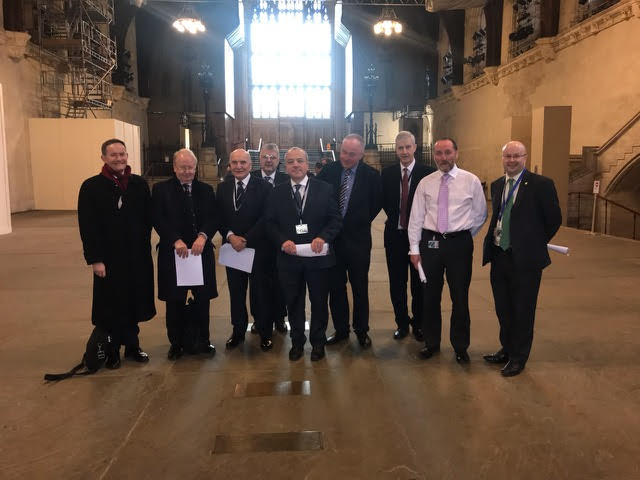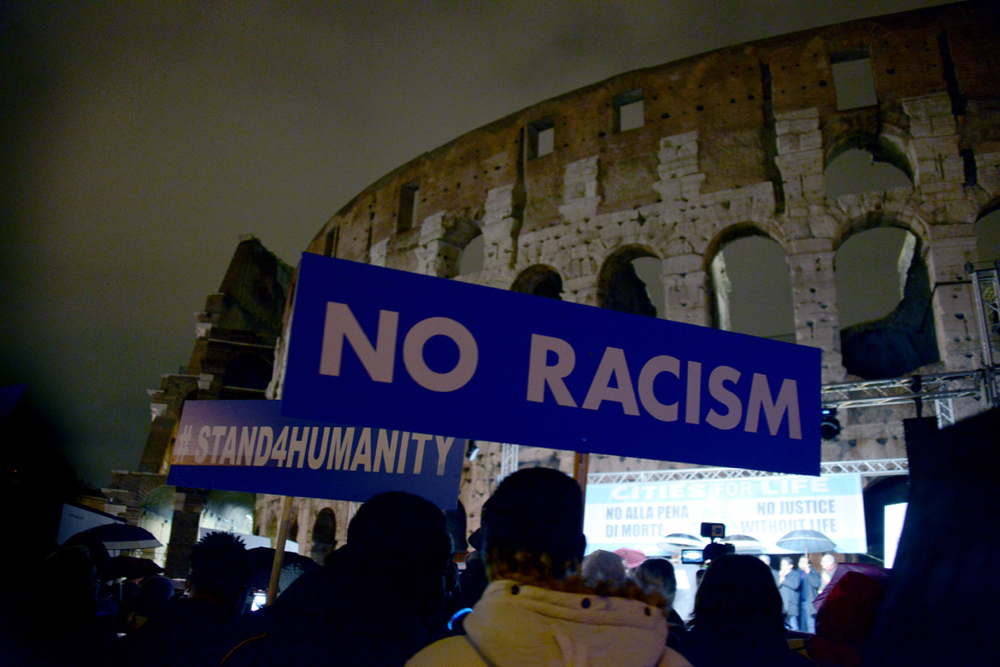The lead Bishop for International Affairs, Bishop Declan Lang, has welcomed the international decline in executions, and called on the UK to use its diplomatic and economic influence to promote global abolition of the death penalty.
The number of known executions fell by over 30 per cent in 2018 and more than two thirds of countries in the world have now abolished the death penalty in law or practice, Amnesty International said in a report released on 10 April.
“The continued decline in capital punishment gives us cause for hope that this attack on the inviolability and dignity of every human person may eventually be confined to history,” Bishop Lang said.
“Once again, I urge our government to redouble its efforts towards promoting global abolition of the death penalty. There are both diplomatic and economic means of driving forward this goal. For example the UK has trade offices in more than half of the twenty countries that executed their own citizens last year.
I hope that Catholics will continue to speak up on behalf of those at risk of execution and pray for all those affected.”
The Amnesty International report found that 690 people were executed globally in 20 countries in 2018, compared to 993 in the previous year. These figures do not include China, where the number of people executed each year is a state secret.
The figures "show that the death penalty is firmly in decline, and that effective steps are being taken across the world to end the use of this cruel and inhuman punishment," the report states.
Amnesty International also recorded pardons of death sentences in 29 countries last year.
While "global consensus is building towards ending the use" of the death penalty, "with more than 19,000 people still languishing on death row worldwide, the struggle is far from over," the organisation said.
Last August, Pope Francis ordered a revision of the Catechism of the Catholic Church, which now says that "the church teaches, in the light of the Gospel, that 'the death penalty is inadmissible because it is an attack on the inviolability and dignity of the person,' and she works with determination for its abolition worldwide."
The death penalty is a cruel violation of the basic right to life and robs people of the chance to repent and make amends for the crimes they have committed, the pope said in a video message to participants at the World Congress Against the Death Penalty on 27 February.
The Amnesty International report said that 78 per cent of all reported executions in 2018 took place in just four countries -- Iran, Saudi Arabia, Vietnam and Iraq.
Following a change to Iran's anti-narcotics laws, the country's rate of executions dropped by half, from at least 507 in 2017 to at least 253 in 2018.
In Pakistan, 14 executions were recorded in 2018, down from 60 in 2017. The number of executions in Somalia dropped to 13 from 24.
At the end of 2018, 106 countries had abolished the death penalty in law for all crimes, and 142 countries had abolished the death penalty in law or practice, the organization said.
Last year, Burkina Faso adopted a new penal code that effectively abolished capital punishment, while Gambia and Malaysia both declared an official moratorium on executions.
Also last year, Washington became the 20th US state to outlaw capital punishment when a court banned it. The state's Catholic bishops applauded the October ruling that its use is arbitrary and racially biased.
However, some countries saw a rise in executions last year, including the United States, Belarus, Japan, Singapore and South Sudan, the organization said. Also, Thailand carried out its first execution since 2009.
Sri Lanka announced it would resume executions after more than 40 years, and an advert seeking hangmen was placed in a state-run daily newspaper.
Also, there was a steep rise in the number of death sentences imposed in some countries, including Iraq and Egypt, Amnesty International said. It noted that Egyptian authorities impose mass death sentences "after grossly unfair trials."



 Loading ...
Loading ...